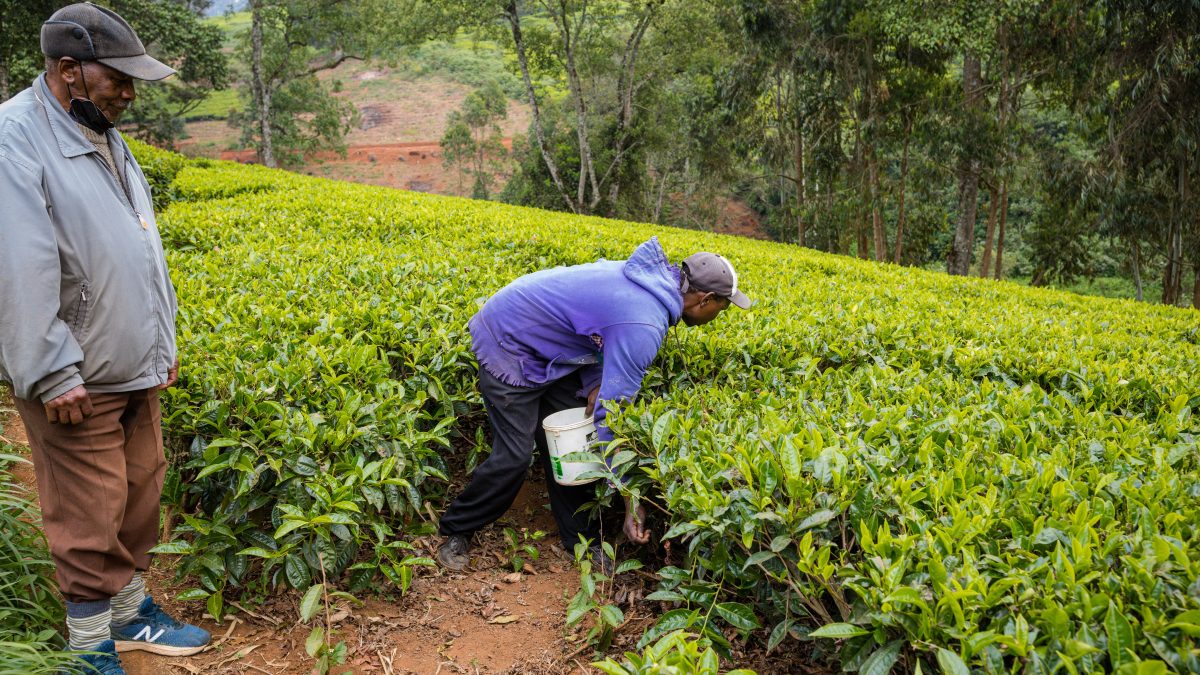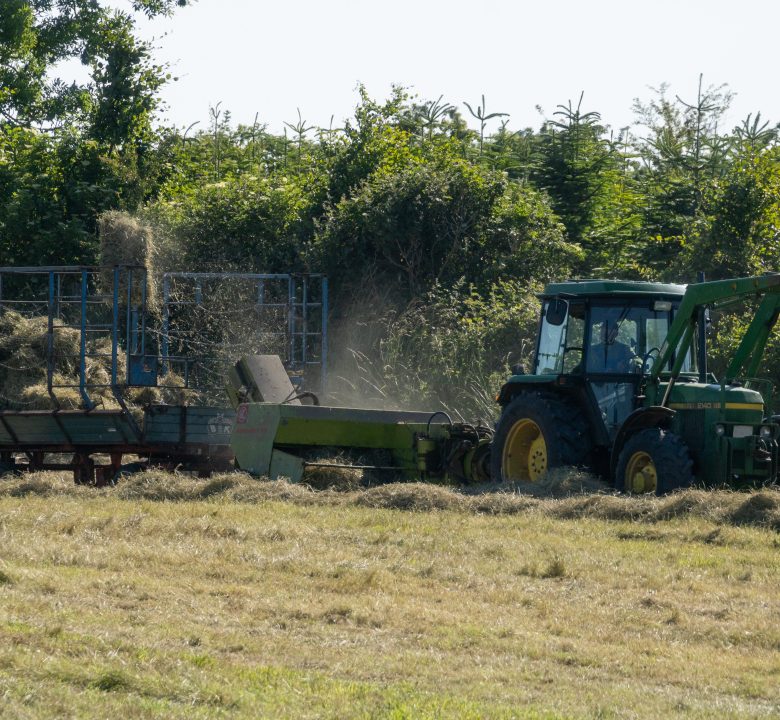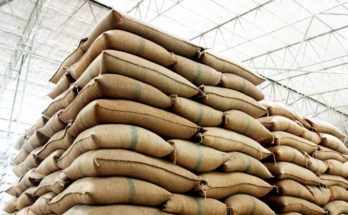
How to Start Greenhouse Farming in Africa
February 2, 2023
Irrigation Technology in Agribusiness in Africa
February 2, 2023Agriculture has been a vital aspect of human civilization for thousands of years, and has played a crucial role in shaping the world we live in today. From the earliest forms of subsistence farming to the modern, highly-mechanized agricultural practices of today, agriculture has undergone a profound transformation over time. In this article, we’ll take a look at the history and evolution of traditional agriculture practices and examine how these practices have changed and adapted to meet the changing needs of society.
The Origins of Agriculture
The origins of agriculture can be traced back to the Neolithic period, around 10,000 BCE, when humans first began to cultivate crops and domesticate animals. This marked a significant turning point in human history, as it allowed communities to settle in one place and establish more stable, permanent settlements. Agriculture allowed early societies to produce more food than they could gather from hunting and gathering, leading to a significant increase in population size.
The Development of Irrigation Systems
One of the key innovations in the evolution of agriculture was the development of irrigation systems. The earliest irrigation systems were simple, consisting of canals and ditches that carried water from rivers and streams to crops. Over time, more complex systems were developed, including the use of aqueducts, reservoirs, and dams to control the flow of water. Irrigation systems made it possible for communities to grow crops in areas where water was scarce, and allowed them to produce food in large quantities, even during periods of drought.
The Emergence of Fertilizers and Pesticides
Another important development in the history of agriculture was the discovery of fertilizers and pesticides. Fertilizers were first used in the ancient world, where farmers added organic matter, such as manure and compost, to the soil to improve its fertility. Pesticides, on the other hand, were not widely used until the 20th century, when the development of synthetic chemicals made it possible to control pests and diseases on a large scale.
The Mechanization of Agriculture
In the 19th and 20th centuries, agriculture underwent a profound transformation as a result of the development of new technologies and the rise of industrialization. Mechanization, in the form of tractors, combines, and other agricultural machinery, allowed farmers to produce crops more efficiently and effectively. This resulted in a significant increase in crop yields, and paved the way for the growth of modern, highly-mechanized agriculture.
The Adoption of Modern Agricultural Practices
Today, traditional agriculture practices have been largely replaced by modern, highly-technical practices. Precision agriculture, which utilizes data and technology to optimize crop production, has become increasingly widespread. This approach allows farmers to make more informed decisions about planting, irrigation, and fertilization, resulting in higher yields and greater efficiency. In addition, the use of genetically modified crops has become increasingly common, allowing farmers to produce crops that are more resistant to pests and diseases.
Conclusion
The history and evolution of traditional agriculture practices has been marked by a series of important innovations and technological developments. From the earliest forms of subsistence farming to the highly-technical practices of today, agriculture has undergone a profound transformation over time. Today, agriculture continues to evolve, with new technologies and techniques being developed to meet the changing needs of society. As the world’s population continues to grow, it’s clear that agriculture will continue to play a critical role in feeding the world for generations to come.
Take Action Today to Support Modern Agriculture Practices
Now that you have a better understanding of the history and evolution of traditional agriculture practices, it’s time to take action to support this critical industry. Whether you’re a farmer, a consumer, or simply someone who cares about the future of our food supply, there are many ways you can help support modern agriculture practices.
Here are a few suggestions to get you started:
- Support local farmers by purchasing products directly from them or from local farmers’ markets. By doing so, you can help support sustainable agriculture practices and ensure that your food is grown using environmentally-friendly methods.
- Educate yourself about modern agriculture practices and the benefits they bring to both farmers and consumers. Read books, articles, and online resources to learn more about this critical industry.
- Advocate for policies that support modern agriculture practices, such as funding for research and development, tax incentives for sustainable agriculture, and subsidies for small and family-owned farms.
- Participate in community events and initiatives that support modern agriculture practices, such as farm-to-table dinners, educational workshops, and farmers’ markets.
With your help, we can ensure that modern agriculture practices continue to thrive and support a sustainable food supply for generations to come. So take action today, and be a part of this critical movement.




